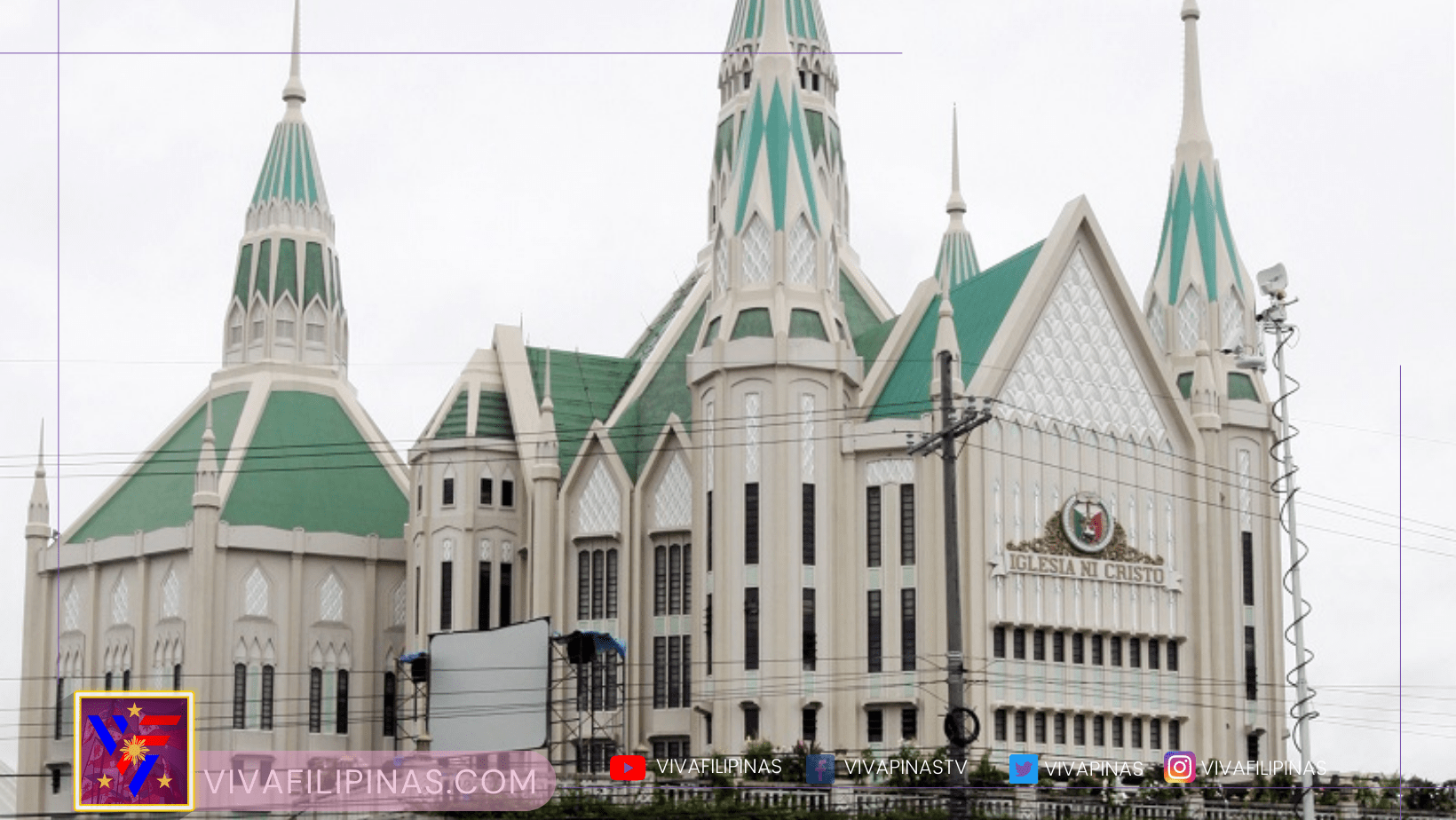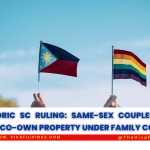 MANILA, Philippines – A Canadian court has dismissed the defamation case filed by Iglesia ni Cristo (INC) against the Canadian Broadcasting Corporation (CBC) over a 2018 investigative series that alleged corruption, kidnapping, and murder within the politically influential Filipino church.
MANILA, Philippines – A Canadian court has dismissed the defamation case filed by Iglesia ni Cristo (INC) against the Canadian Broadcasting Corporation (CBC) over a 2018 investigative series that alleged corruption, kidnapping, and murder within the politically influential Filipino church.
The February 7 ruling, issued by Justice Kenneth Champagne of The King’s Bench, Winnipeg Centre, was received by one of the defendants, former INC minister Lowell Menorca II, on March 28 and later shared with Rappler on March 31.
Justice Champagne criticized the INC for “persistent non-compliance with court rules” and described their legal actions as “an abuse of the process of the court” aimed at silencing critics. He further stated that INC’s litigation strategy was “designed to waste resources” and undermine confidence in the justice system.
The defamation case stemmed from CBC’s Church of Secrets series, which revealed allegations of financial mismanagement and human rights abuses within INC. The church sued CBC in 2019 to prevent further publication of these claims, but the defendants argued that the reports were factual and fell under fair commentary on matters of public interest.
A key witness presented by INC, Rvy Medicielo (also known as “Brother Rvy”), was deemed unreliable by the judge. Champagne noted that Brother Rvy “knew little, if anything, about matters in this litigation” and lacked knowledge about INC’s financial policies, leadership, and the individuals named in CBC’s reports.
Moreover, the court found that INC repeatedly ignored requests to provide relevant documents since June 2021. The judge emphasized that INC had a history of using legal actions to intimidate critics, calling such conduct “unacceptable and reprehensible.”
Menorca, a former INC minister who has long accused the church of persecution, welcomed the decision. “This ruling proves that justice prevails in countries where the truth is upheld,” he told Rappler. He expressed hope that the case would set a legal precedent against what he described as INC’s pattern of using lawsuits to suppress dissent.
INC spokesperson Edwil Zabala, when asked for comment, said he had only learned about the ruling on March 31 and could not provide further remarks.
Legal experts believe this decision may influence future cases involving INC, particularly in the Philippines, where the church wields significant political influence.












